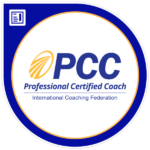Emotional Intelligence
The scientific definition of emotional intelligence comes from Drs. John Mayer, Peter Salovey, and David Caruso:
"Emotional intelligence refers to an ability to recognize the meanings of emotion and their relationships, and to reason and problem-solve on the basis of them. Emotional intelligence is involved in the capacity to perceive emotions, assimilate emotion-related feelings, understand the information of those emotions, and manage them."
Emotional Intelligence is a set of competencies that allow people to apply thinking and feeling to make optimal decisions. Harvard Business Review says emotional intelligence is "the key to professional success."
Why Emotional Intelligence?
Emotional intelligence is what we use when we have authentic, open and honest conversations with our coworkers, effectively work with customers and staff in business, empathise with our spouse or significant other, perform under pressure and support a challenging or distraught child / student. It allows us to understand ourselves better, build connections and relationships with others and live a more authentic, healthy, and happy life.
The World Economic Forum indicated that emotional intelligence will be in the top 10 required skills individuals require to thrive by 2020. There are many other reasons, both professional and personally, of why emotional intelligence is important, including -
- being able to better adapt to and cope with change,
- building high performing teams,
- increasing employee engagement,
- developing trust and empathy within relationships,
- having a clearer vision and building a great culture, and
- executing performance effectively and efficiently.

Applications for Emotional Intelligence
There are many applications for Emotional Intelligence, including -

For example -
- Increasing individual self-awareness,
- Building communication and people-skills,
- Effectively managing emotions during performance, and
- Navigating through uncertainty and change.
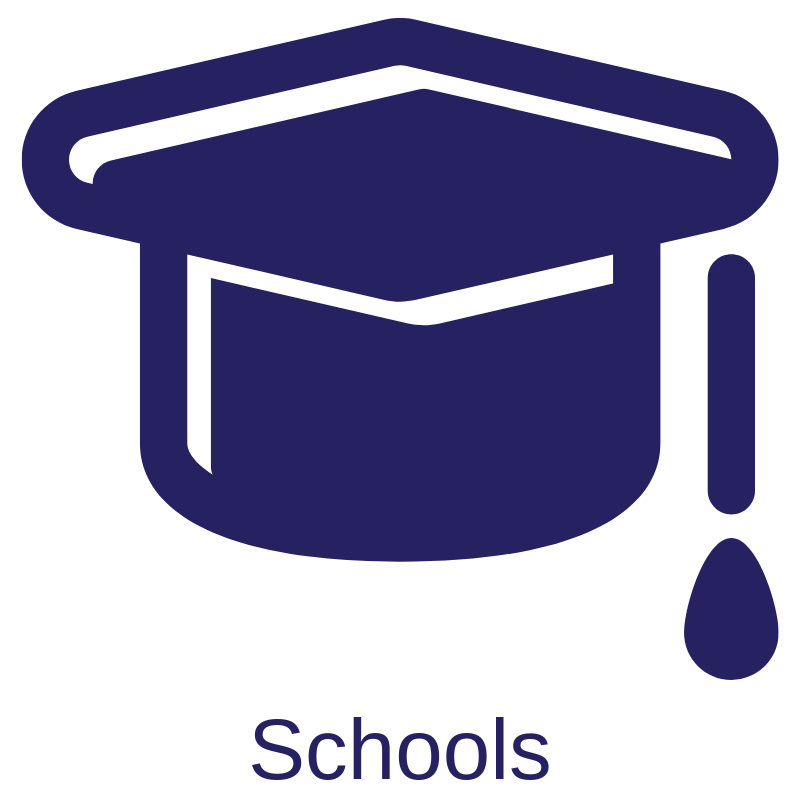
For example -
- Growing communication and people-skills,
- Maximising effectiveness and efficiency within individuals and teams,
- Supporting staff to navigate through uncertainty and change, and
- Helping managers align individual strengths to roles within teams..
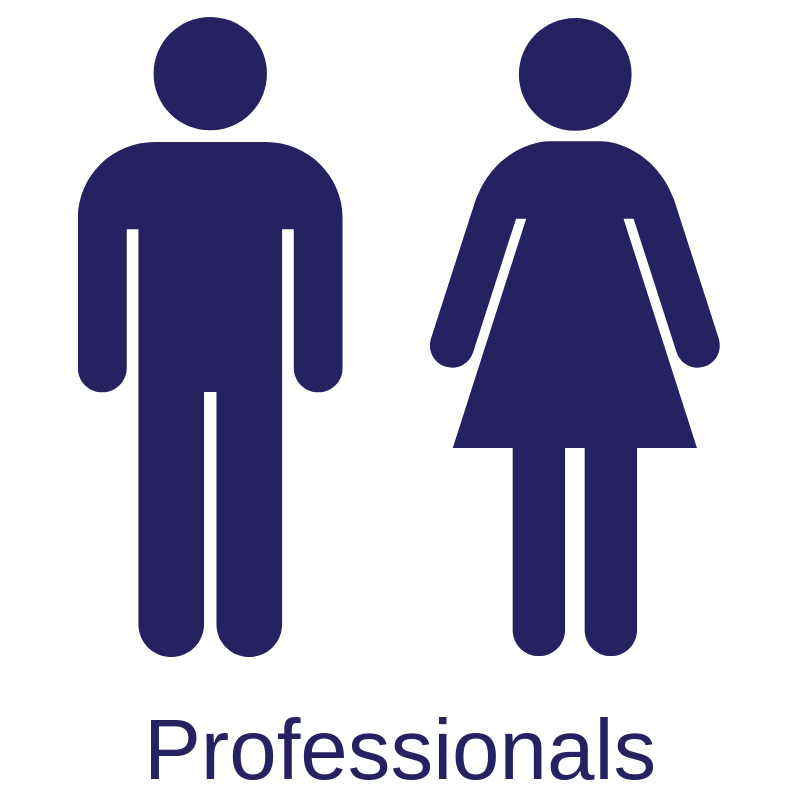
For example -
- Growing communication and people-skills,
- Increasing individual self-awareness and leadership capacity and capabilities,
- Maximising effectiveness and efficiency within individuals,
- Preparing emerging leaders for future leadership roles.

For example -
- Growing communication and people-skills throughout the business,
- Maximising effectiveness and efficiency across the business,
- Supporting all staff to navigate through uncertainty and change
- Developing staff based on individual strengths.
Learning Outcomes Can Include -
Some of the learning outcomes that can be included in the Emotional Intelligence Workshops and Coaching Sessions include -
- Increasing knowledge and understanding of emotional intelligence,
- Reviewing some of the latest research on the brain, emotions, and performance,
- Developing tools and skills to be resilient and have emotional agility,
- Increasing self-awareness by enhancing emotional literacy and recognising patterns,
- Starting to consciously direct your daily life by shifting out of reaction (old patterns/habits) and into action (new patterns/habits) that support your goals and intentions,
- Applying your emotional intelligence to develop emotional wisdom and aligning your daily choice with your larger sense of purpose, and
- Clarifying your vision and defining key goals for your own emotional intelligence development.
Jane is also accredited to administer, debrief, coach and facilitate the Six Seconds Emotional Intelligence Assessments. Click here to find out more.
"If your emotional abilities aren’t in hand, if you don’t have self-awareness, if you are not able to manage your distressing emotions, if you can’t have empathy and have effective relationships, then no matter how smart you are, you are not going to get very far." ~ Daniel Goleman
Inquire Now...
If you would like to know more about Emotional Intelligence Coaching or inquire about having a workshop in your workplace, please contact us here.
Frequently Asked Questions
Yes - absolutely!
Six Seconds publishes research and dozens of case studies showing how these practical tools and methods increase value. See www.6seconds.org/tag/case-study
Of course you can! The SEI Assessment is used in 127 countries around the world is translated in to 11 languages.
Research used in the above page -
1. Mayer, J. D., Caruso, D., & Salovey, P. (1999). Emotional intelligence meets traditional standards for an intelligence. Intelligence, 27, 267-298.
Please e-mail support@habitsforwellbeing.com and we will get back to you as soon as possible.
"What really matters for success, character, happiness and life long achievements is a definite set of emotional skills - your EQ - not just purely cognitive abilities that are measured by conventional IQ tests." ~ Daniel Goleman
Daily Inspiration...
Client Feedback
"Great! Thanks. I feel positive to continue on my life journey knowing what I can work on to continue to have success in life." - School Principal
"Can see myself using all of these skills. Great leadership and facilitating a comfortable/safe space Jane." - Teacher, Brisbane
Click here to read more.
Recent Posts
-
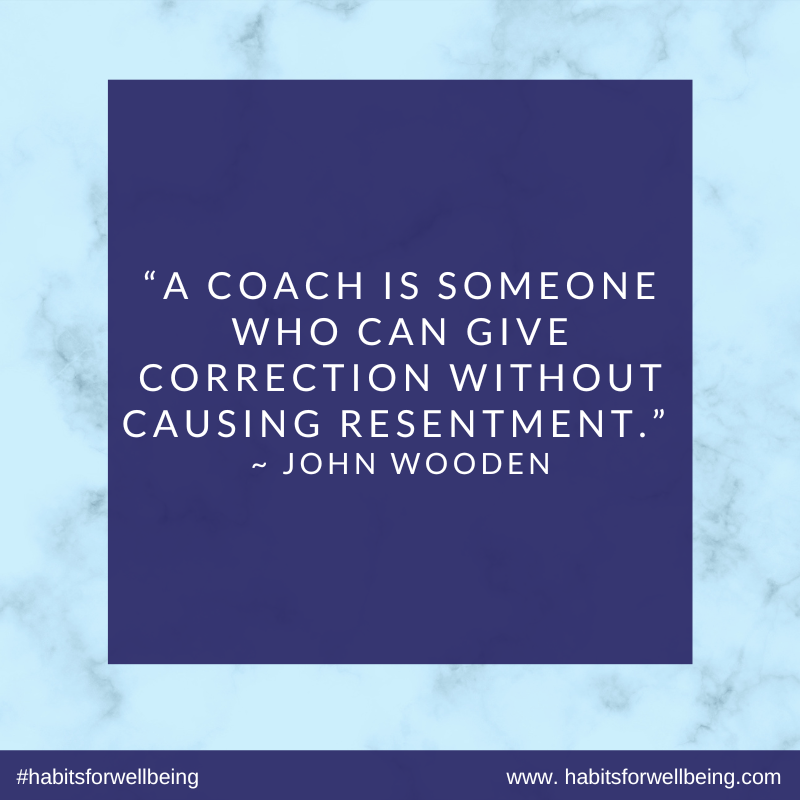 Starting to Recognise and Understand Resentment October 7, 2023
Starting to Recognise and Understand Resentment October 7, 2023 -
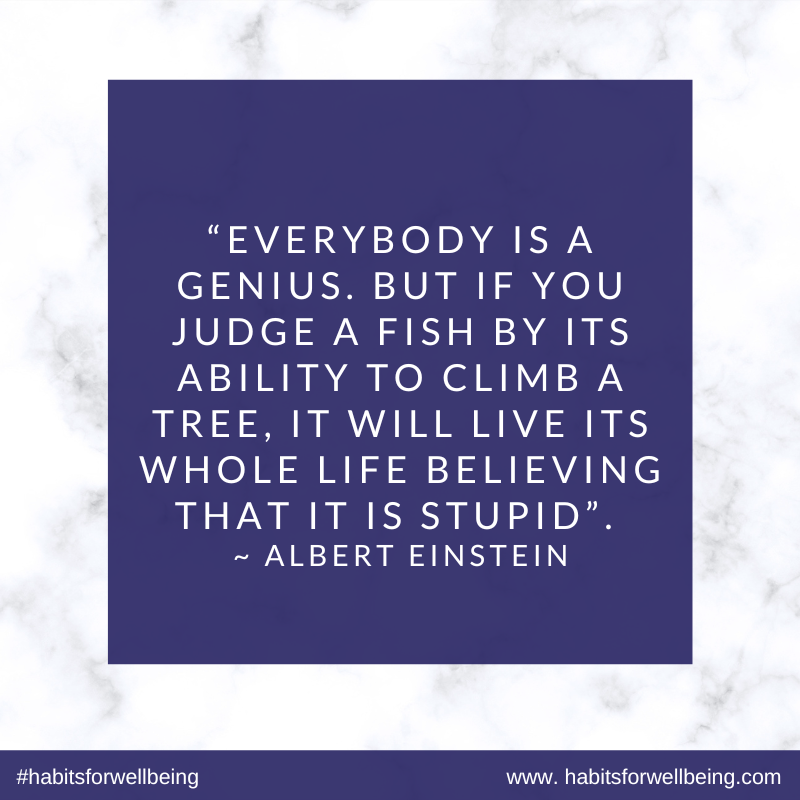 Capacity and Capabilities - What Is the Difference? September 1, 2023
Capacity and Capabilities - What Is the Difference? September 1, 2023 -
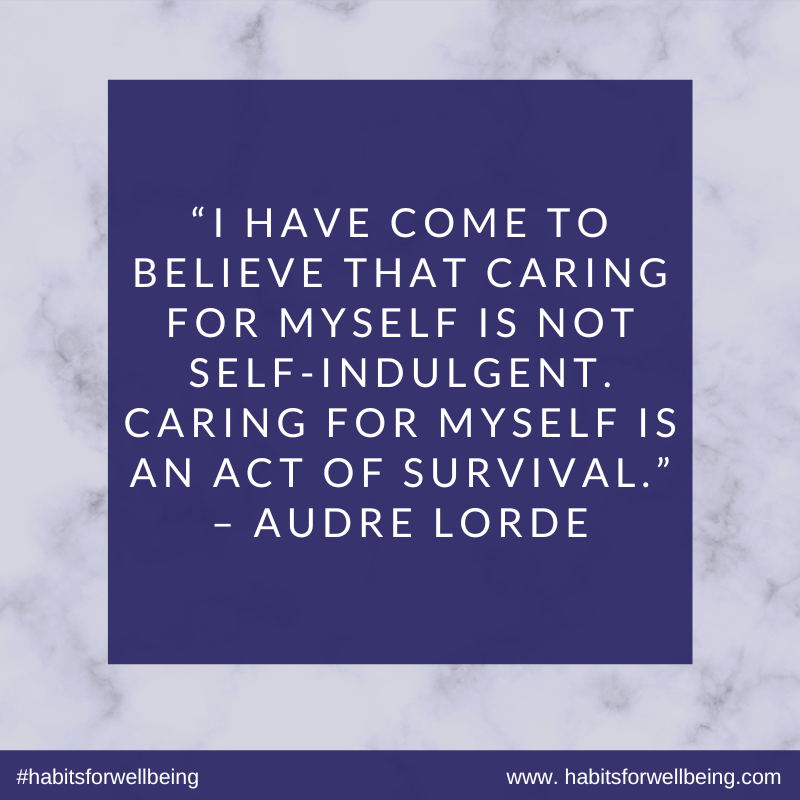 Ready to Start the Adventure to Reclaim Your Wellbeing? August 27, 2023
Ready to Start the Adventure to Reclaim Your Wellbeing? August 27, 2023 -
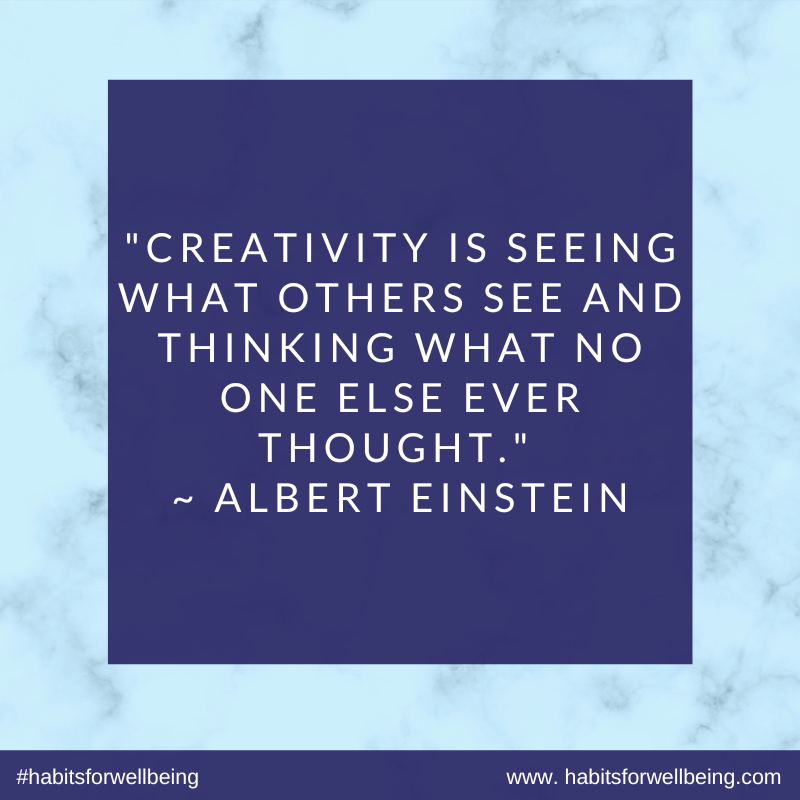
-
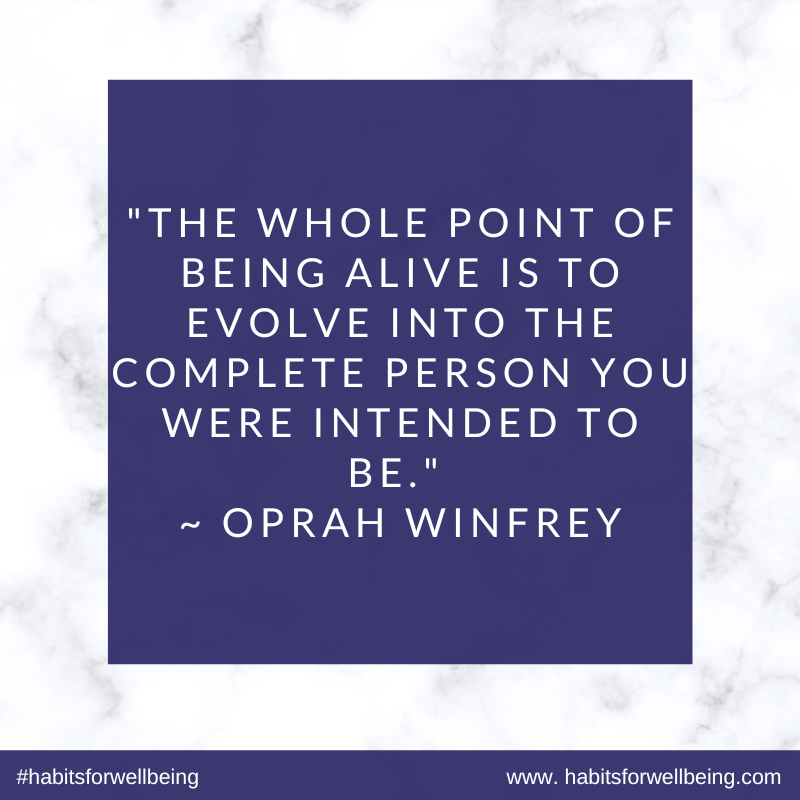 Evolving in to You - What Does That Mean to You? August 15, 2023
Evolving in to You - What Does That Mean to You? August 15, 2023



